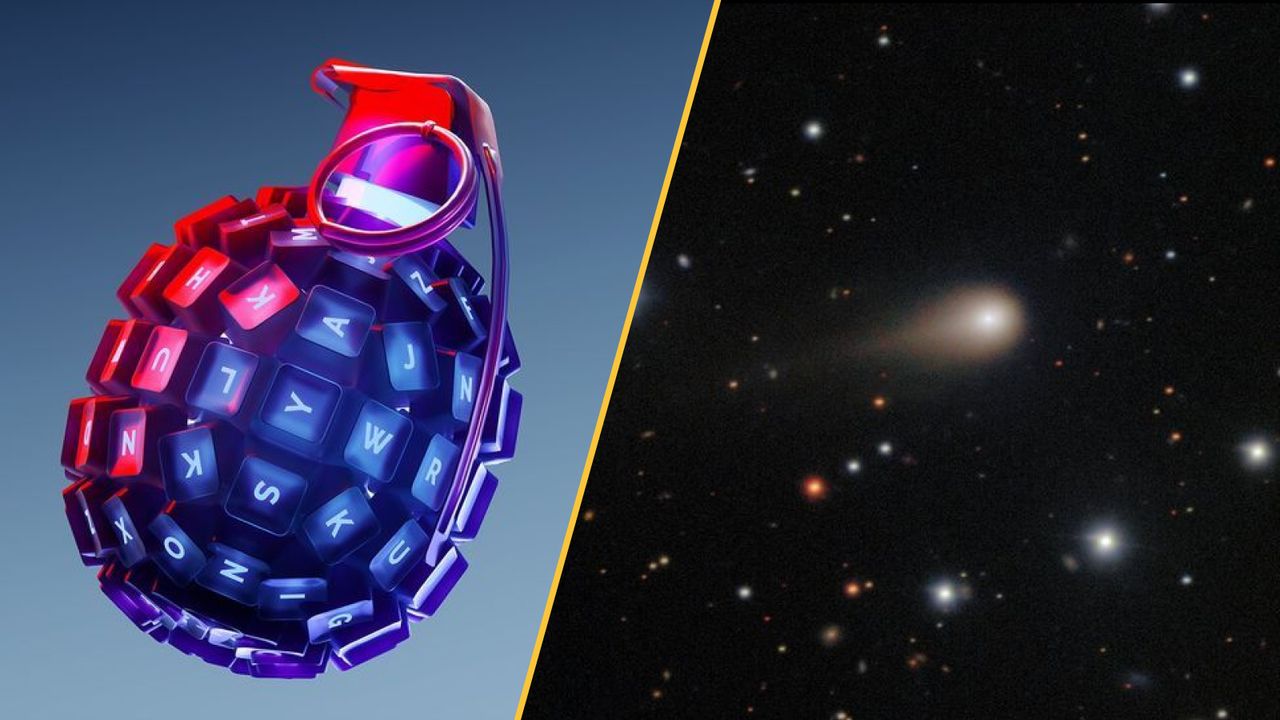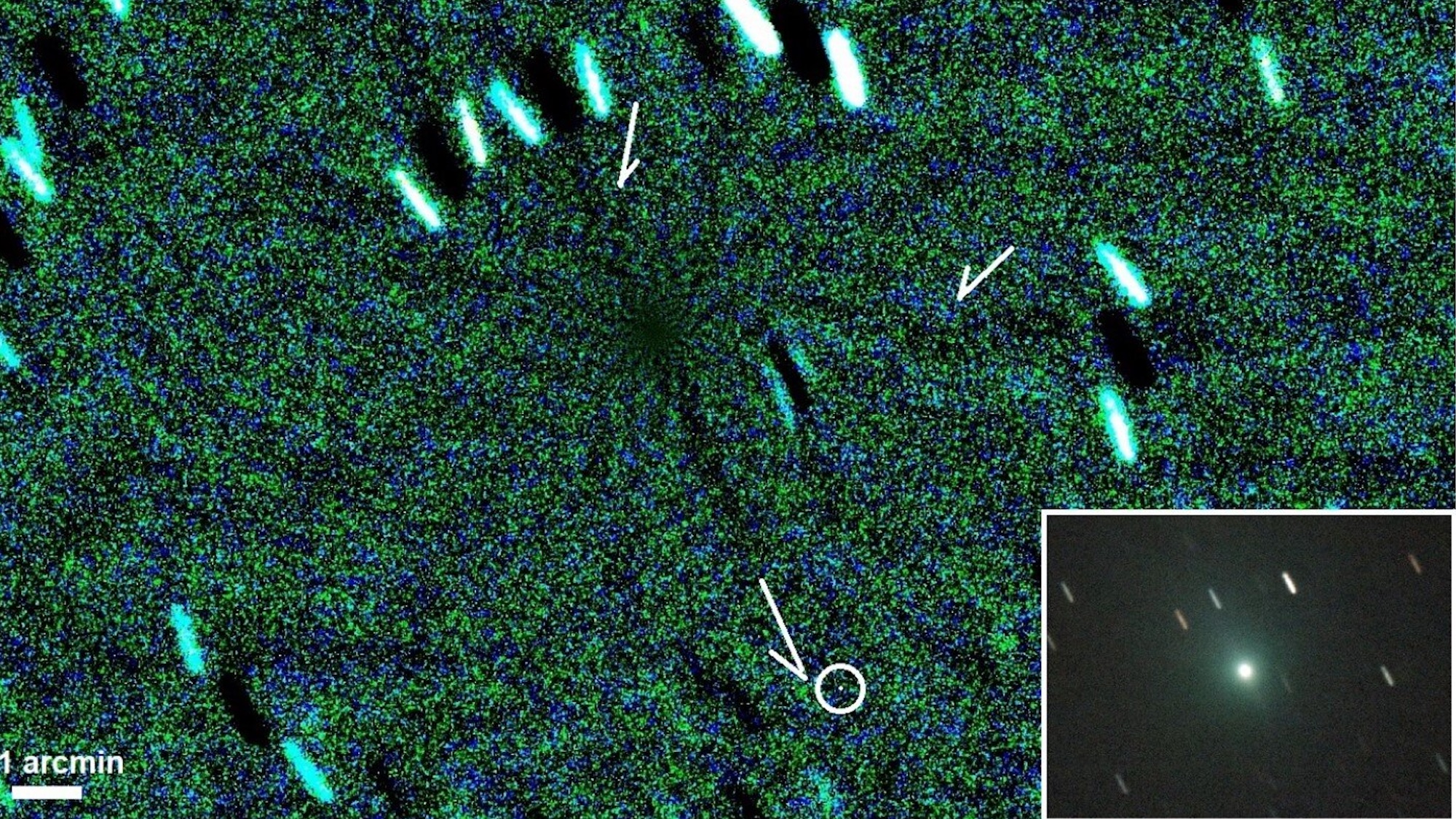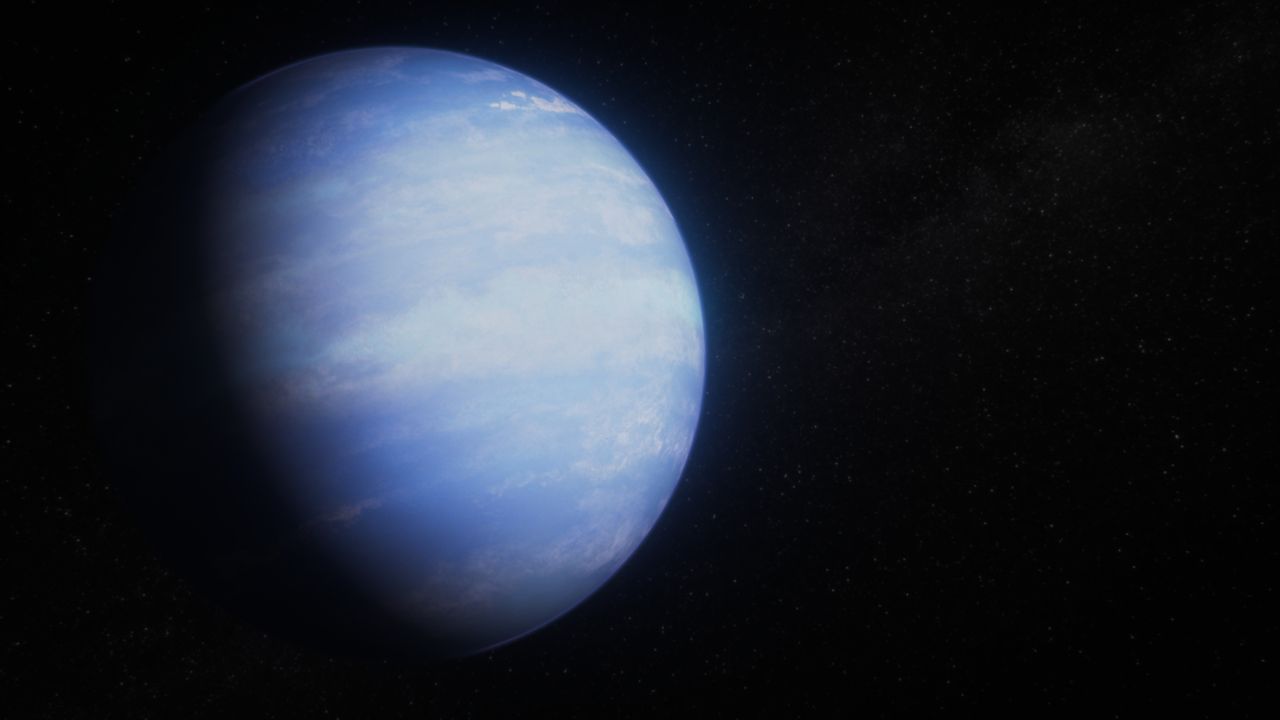Science news this week: Astronomers close in on comet 3I/ATLAS's origins, a strange gravity anomaly discovered off Africa and AI designs brand-new viruses
NeutralScience

This week in science news, astronomers are making strides in uncovering the origins of comet 3I/ATLAS, while a peculiar gravity anomaly has been detected off the coast of Africa. Additionally, researchers are exploring the potential of AI to design entirely new viruses. These developments are significant as they enhance our understanding of celestial bodies, challenge our knowledge of Earth's gravitational forces, and push the boundaries of biotechnology.
— via World Pulse Now AI Editorial System

/https://tf-cmsv2-smithsonianmag-media.s3.amazonaws.com/filer_public/30/c5/30c5f898-64ec-4c4b-9013-b6e52f58022c/gettyimages-2230353826.jpg)
